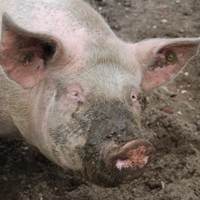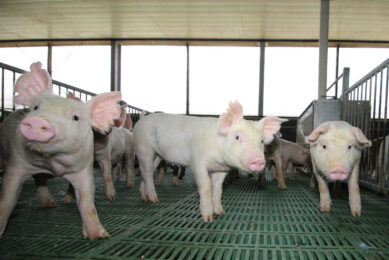Philippines contain swine fever outbreak

The outbreak of Classical Swine Fever (CSF) at the Philippines has been effectively contained, says the country’s Bureau of Animal Industry (BAI).
The CSF incidence (also known as hog cholera) happened in the provinces of Bulacan and Pampanga, in Central Luzon.
The bureau’s director Dr Davinio Catbagan said out of the country’s one-million pig stock, only about 4,000 animals have been recently affected in the two provinces. Catbagan said that about 2,000 were affected in Bulacan and another 2,000 in Pampanga.
Largest sources
Bulacan, one of the country’s largest sources of pork products, has about 300 swine farms. Commercial farms comprise about 80% of the hog industry here and supply the pork demands for the country’s capital of Manila and nearby provinces.
These commercial farms remained unaffected as the disease mainly struck backyard piggery farms in 20 of 24 towns.
For that reason, the Department of Agriculture assured the public last Friday that the outbreak will have no effect on the supply and prices of pork in Manila.
Containment
Catbagan assured that the BAI and the Philippine department of Agriculture have set up the necessary containment and biosecurity measures to stop the disease from spreading further.
Catbagan pointed out that the BAI is already implementing an inoculation programme for healthy pig stock to prevent them from getting the disease.
Likewise, quarantine and other containment measures have been implemented in the affected areas.
Monitoring
The National Meat Inspection Service (NMIS) is also strictly monitoring the movement of hogs and newly slaughtered meat, requiring the presentation of the necessary permits for all transport of pigs and carcasses.
Prices of the food products remain stable although it appeared that consumers avoided buying pork.
Double dead
Although the government, through the NMIS, is ensuring that ‘double dead’ meat is not being sold in the market, Catbagan advised consumers to look for the government or local seal that certifies the safety of the carcass.
Officials urged on hog raisers should observe bio-security measures and sanitary procedures to prevent the disease from spreading.
Related website:
* Philippines Department of Agriculture











